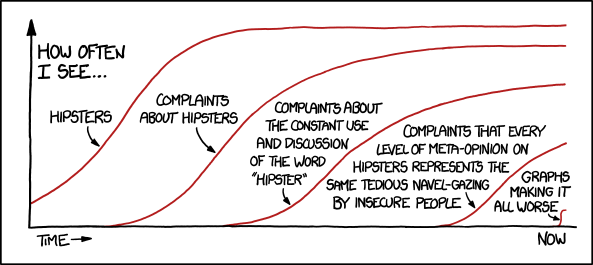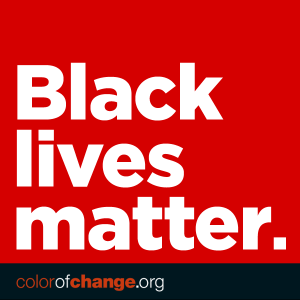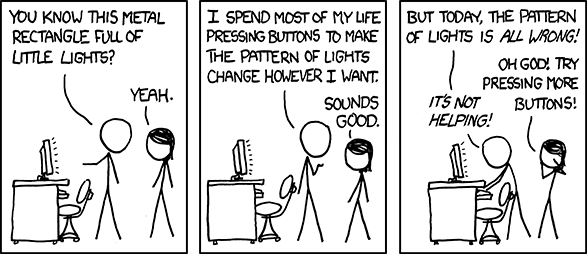
From User Ghyomm on Gnome Art
I heard, on the train from Chicago, that another piece of history had vanished. We were passing greenery, neat houses flashing by as we entered more and more suburban territory. Only two more stops.
And then the phone rang.
“Where are you?”
“I’m near the racetrack, Mum. I’ll be there soon.”
“So how was group?”
“Oh, it was okay.”
“Just okay? What happened?” My mother’s discussion group at a local senior living community is one of the highlights of her week. She leads her seniors in a discussion of various aspects of their lives, always grateful that she helps, in some small way, preserve history.
“Yeah. I got the news that Chakkarai Paati passed away.”
“What? I–I’ll be there soon.”
“Yeah, I know. I’m fine.”
As the greenery and neat houses continued to flick by, changing occasionally into storefronts and cars, I thought. I was more shocked than anything. Not upset, because I hadn’t exactly been close to Chakkarai Paati. She was one of those relatives who seem impossibly ancient to a young child. A great-grandmother. My great-grandmother.
All I really remember of Chakkarai Paati in health is her upright posture, her tight bun of coconut-oiled hair, her silk sari gleaming as she sat in state and imperiously directed her son, daughter-in-law and maids whenever we went to visit. The TV would usually be on, tuned either to cricket or her favorite Tamil serials. My last memory of her is of her daughter-in-law yelling that I was going to do a namaskaaram before leaving. I knelt in front of her and pressed my forehead to the ground, remembering the feel of her soft, fine skin, stretched almost too tightly over the bones of the hand she’d offered me when I arrived. She muttered a blessing over me, though I could barely hear what she said. And then I stood up and left, saddened by the rubber sheet on the bed and the discussion about adult diapers.
The train arrived and I rushed to the car to give my mother a hug. It was only when we got home and she began to reminisce that I realized just how much history had just left the earth.
Chakkarai Paati was married at age 9. As happened in those days, she stayed with her family until she hit puberty, then was sent off to live with her husband. There followed a 74-year relationship, broken only when my great-grandfather died.
In a patriarchal society, Chakkarai Paati was undisputedly the matriarch of her family. My great-grandfather might have been the one who brought the money and the status as an accountant at Fraser & Ross. He might have been the reason for the numerous trips to England, the strawberries and cream at Wimbledon, the invitations to balls (yes, balls) in British-ruled Madras in the first half of the twentieth century. He might have been one of the cream of the Indian crop who got to associate with the British on at least nominally equal footing. But she was the one who ran the household, far into her seventies and eighties. She negotiated with the gardener. She disciplined her rambunctious grandchildren. She made such wonderful food that my mother always took care to visit just in time for lunch. Her husband was a mild-mannered man who delighted his grandchildren by taking them to the Woodlands Drive-In once in a while. She fed them every day during the summer vacations they spent at the house. She disciplined them when they broke something or made too much noise.
Everyone was a little afraid of her.
But she lived through Independence. She traveled abroad at a time when many women never traveled out of their hometowns. She lived through Partition and Gandhi’s assassination and some of the most fractious times in India’s history. She lived through plenty of suffering in her own family’s history.
And now, she is no more.
As always, I now think of a hundred questions I should have asked about her life. But my parents and I console ourselves. She’d have been delighted that, decades later, we followed in her footsteps to Wimbledon.






